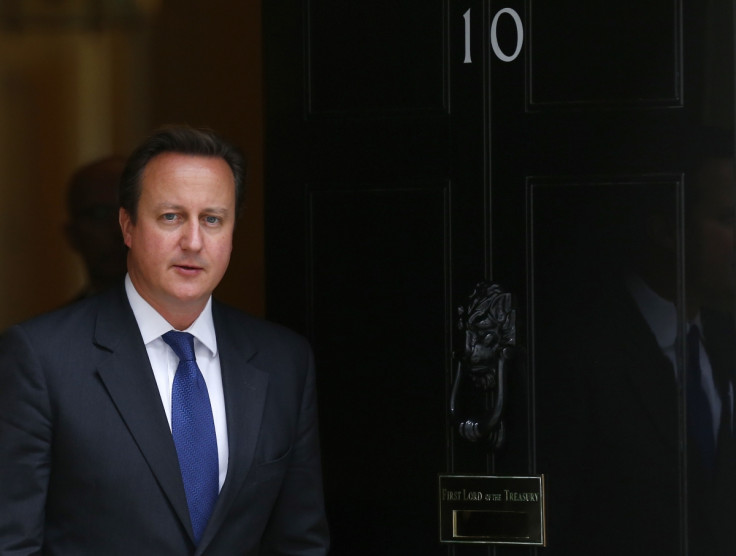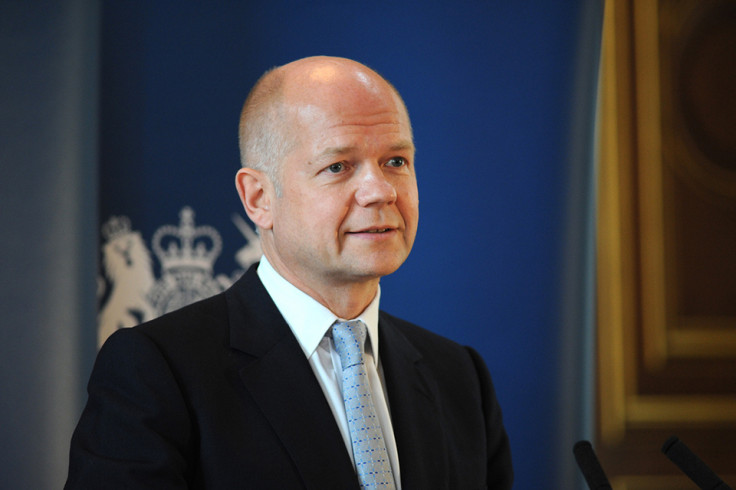Devo Max: Are David Cameron's Hugely Ambitious Plans for a Federal UK Deliverable?

If nationalists' dreams of a constitutional revolution have been dashed by the Scotland vote, David Cameron has announced what amounts to another one.
In a statement that may well prove genuinely historic, the prime minister set a timetable for the creation of what will amount to a form of federalism in Britain.
He promised he would deliver on his promise to devolve more powers to Holyrood over taxation, spending and welfare, and insisted he would stick to the timetable of reaching cross-party agreement by November, with draft legislation by January.
But he went much, much further and revealed proposals for a constitutional revolution across the UK, with more powers to the Welsh and Northern Ireland assemblies and, crucially, for England – and all to the same hugely ambitious timetable.
We have heard the voice of Scotland - and now the millions of voices of England must also be heard. The question of English votes for English laws requires a decisive answer.
And it is that last pledge that represents a massive constitutional change and raised questions over the possible creation of an English parliament, which Cameron opposes, or a division of votes in parliament banning Scottish MPs from voting on English-only laws.
This is exactly the sort of constitutional quagmire that previous governments have toyed with entering and then run a mile away from.
Specifically, the plan to answer the age-old "West Lothian question" of Scottish MPs voting on purely English matters has been addressed countless times without any answer being found.
Cameron believes he can do it all in just a few weeks.
It was also noticeable that, while the prime minister named individuals to head what he hopes will be cross-party talks on all the issues - Lord Smith of Kelvin for Scottish devolution and William Hague heading a cabinet committee on the wider changes – there was still precious little detail.
That is for the simple reason that with both devo max and the English question, the parties have different policies which will now have to be resolved in just two and a half months' time.
The prime minister made his announcement on the steps of Downing Street, saying: "I have long believed that a crucial part missing from this national discussion is England.
"We have heard the voice of Scotland - and now the millions of voices of England must also be heard. The question of English votes for English laws – the so-called West Lothian question –requires a decisive answer.

"So, just as Scotland will vote separately in the Scottish Parliament on their issues of tax, spending and welfare, so too England, as well as Wales and Northern Ireland, should be able to vote on these issues and all this must take place in tandem with, and at the same pace as, the settlement for Scotland."
By any measure this is both an extraordinary proposal and a massively challenging timetable that could only be met with the quick agreement of all the other parties.
But the prime minister, along with the other leaders, had made a rod for his own back with the devo max pledge, which sparked immediate demands from his own party about who spoke for England.
He is facing serious backbench resistance to one deal without the other and, with the general election just around the corner, had no choice but to take radical, speedy action in a bid to calm the likely storm.
Meanwhile, Ukip's Nigel Farage has seen his opportunity. He supports an English parliament and has demanded a full debate on the method of unequal funding of Scotland and the regions.
He is not-so-subtly re-positioning Ukip as the English nationalist party, rather than simply the anti-EU party, and with the current state of British politics in the aftermath of the Scotland vote, that may prove to be an attractive pitch to many voters.
© Copyright IBTimes 2025. All rights reserved.






















